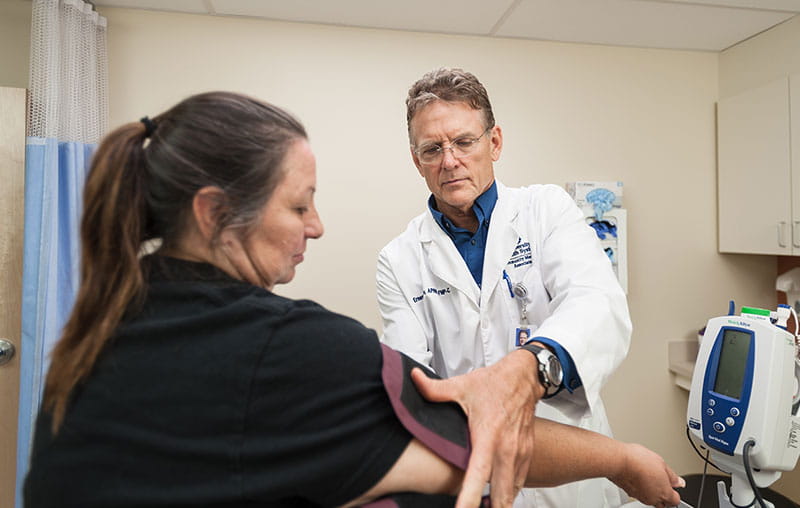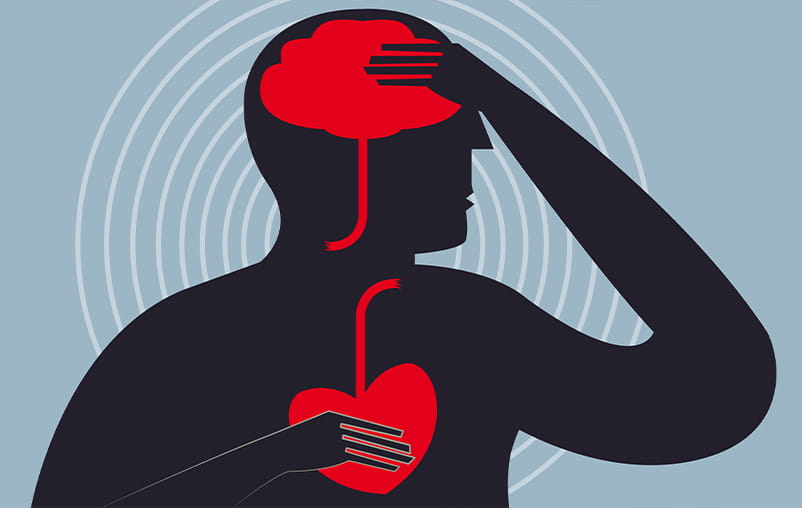Most of us are familiar with the flu shot or the COVID-19 vaccine, but what about the pneumococcal vaccine? This vaccine often flies under the radar, and yet it protects against a potentially serious and even life-threatening illness: pneumococcal disease.
Whether you're an older adult, a parent of young children or someone living with a chronic condition, understanding the benefits of this vaccine can help you make an informed decision about your health.
Understanding Pneumococcal Disease
“Pneumococcal disease” is a term commonly used for any infection caused by the pneumococcus bacteria. This bacteria can lead to serious infections like pneumonia, meningitis and bloodstream infections. These illnesses can be particularly dangerous for older adults, young children and people with certain health conditions.
Pneumococcal Pneumonia
Pneumococcal pneumonia is the most common infection people experience, and can cause symptoms like:
- Coughing
- Fever
- Chest pain
- Difficulty breathing
In severe cases, it can lead to hospitalization.
Who Should Consider the Pneumococcal Vaccine
The Centers for Disease Control and Prevention (CDC) recommends the following groups get the pneumococcal vaccine:
- Children under 5 years old
- Adults aged 50 and older
- Anyone aged 19-49 with the underlying chronic conditions listed below:
- Anyone with a weakened immune system
You can benefit from the vaccine even if you are a healthy adult over 50. Our immune systems naturally weaken as we age, making it harder to fight off infections like pneumococcal pneumonia.
Types of Pneumococcal Vaccines
There are two types of pneumococcal vaccines:
- Pneumococcal conjugate vaccines (PCVs)
- PCV15
- PCV20
- PCV21
- Pneumococcal polysaccharide vaccine
- PPSV23
PCVs are commonly recommended for children as well as adults. PPSV23 is typically a second dose, especially for older adults and those with certain health conditions. Your primary care provider can help determine which one is right for you.
Benefits of Vaccination
Getting vaccinated can help prevent serious illnesses, like pneumonia and meningitis, and reduce your risk of hospitalization.
Common Concerns
It’s normal to have questions about any vaccine. The pneumococcal vaccine has been thoroughly tested for safety and is recommended by the CDC and the U.S. Food and Drug Administration (FDA).
Like any vaccine, there can be mild side effects, such as:
- Soreness at the injection site
- Feeling drowsy
- Fever
- Headache
The Broader Impact of Vaccination
Beyond protecting yourself, the pneumococcal vaccine plays a role in something bigger—herd immunity. When more people are vaccinated, it reduces the spread of disease, protects those who can’t receive the vaccine for medical reasons and slows antibiotic resistance by preventing bacterial infections that might otherwise require antibiotic treatment.
How to Get Vaccinated
Talk to your primary care provider if you think you or your child may be due for a pneumococcal vaccine. You can also visit our five pharmacy locations for a walk-in immunization.





